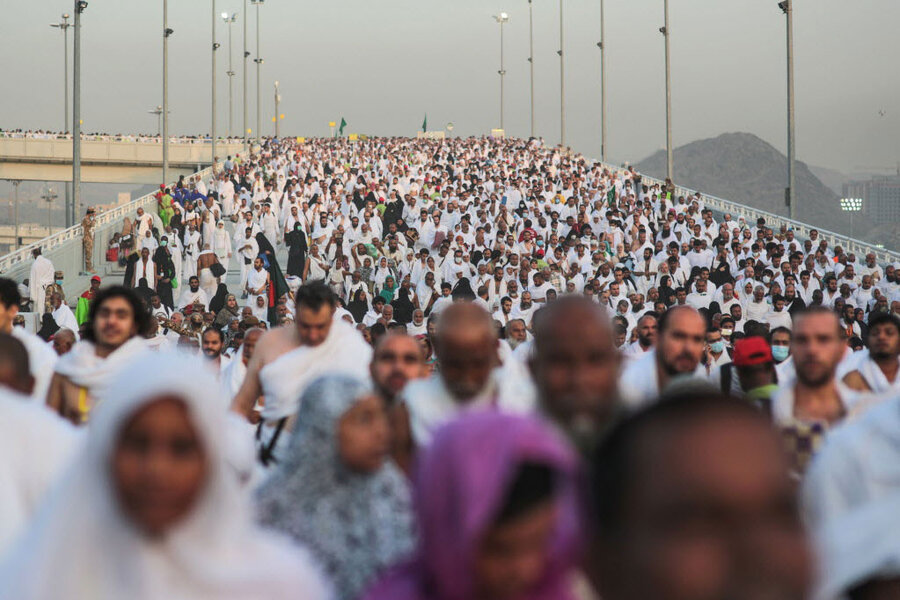Why some US districts are adding Muslim holidays to the school calendar
Loading...
An affluent school district in suburban Maryland has become the latest district to recognize Muslim holidays on its calendar, a move that reflects a growing push for greater inclusiveness in schools across the United States.
Howard County, which is home to many of the wealthiest communities in the Baltimore-Washington metropolitan area, announced Thursday that it would expand its list of religious and cultural holidays.
The announcement followed a unanimous vote Thursday night by the Howard County Board of Education to give students days off on the Muslim holiday of Eid al-Adha, the eve of the Lunar New Year, and the Hindu holiday of Diwali, in addition to two Jewish holy days.
The decision comes after objections to a proposal to keep schools open on the Jewish holy days of Yom Kippur and Rosh Hashana for the first time in more than three decades. Maryland law already requires schools to be closed on days that include the Christian holidays of Christmas, Good Friday, and Easter Monday.
Board member Janet Siddiqui told the Associated Press that she believes the school calendar should be inclusive, a view that has gained supporters over the past year. The challenge of how to create an inclusive school calendar has increasingly become an issue for school districts across the United States as they grow more diverse and as religious minorities become more vocal.
“The system looks very different than it did 36 years ago, and there have been increasing requests from other groups to have their religious holidays recognized in the same way,” Ellen Flynn Giles, vice chairman of Howard’s school board, told The Washington Post.
Last March, Mayor Bill de Blasio announced that New York City public schools would observe Eid al-Adha and Eid al-Fitr, Islam’s two most important holidays, starting in the 2015-16 school year. School districts in New Jersey and Connecticut have enacted similar policies.
"We made a pledge to families that we would change our school calendar to reflect the strength and diversity of our city," Mr. de Blasio said in a press release at the time of the announcement. "Hundreds of thousands of Muslim families will no longer have to choose between honoring the most sacred days on their calendar or attending school. This is a common sense change, and one that recognizes our growing Muslim community and honors its contributions to our City.”
While many schools face pressure from Muslims to observe Islamic holidays in the same way they observe Christian holidays, critics argue that by closing school for more religious holidays, it takes students out of school when the vast majority are still able to attend.
This report includes material from the Associated Press.





